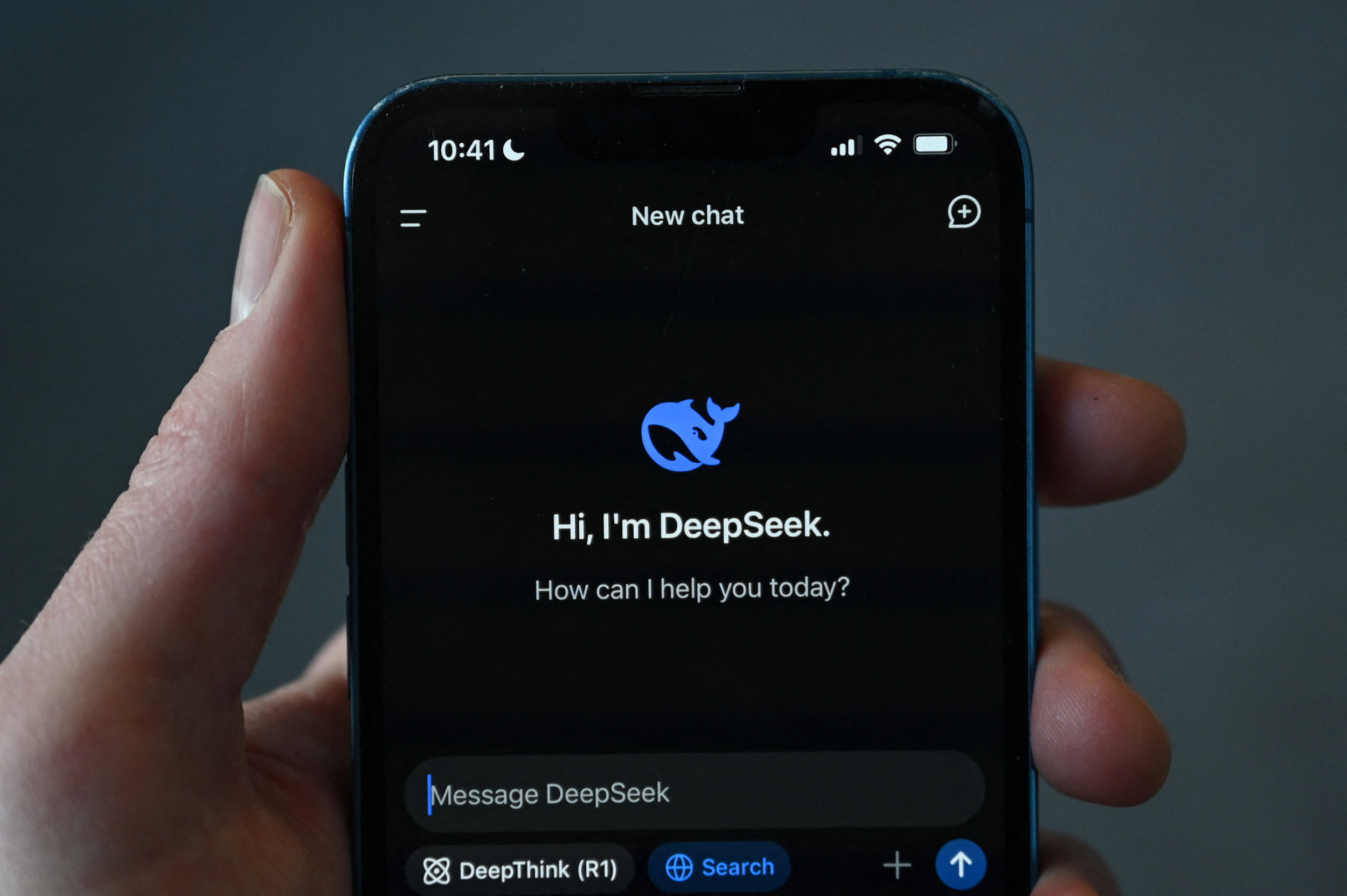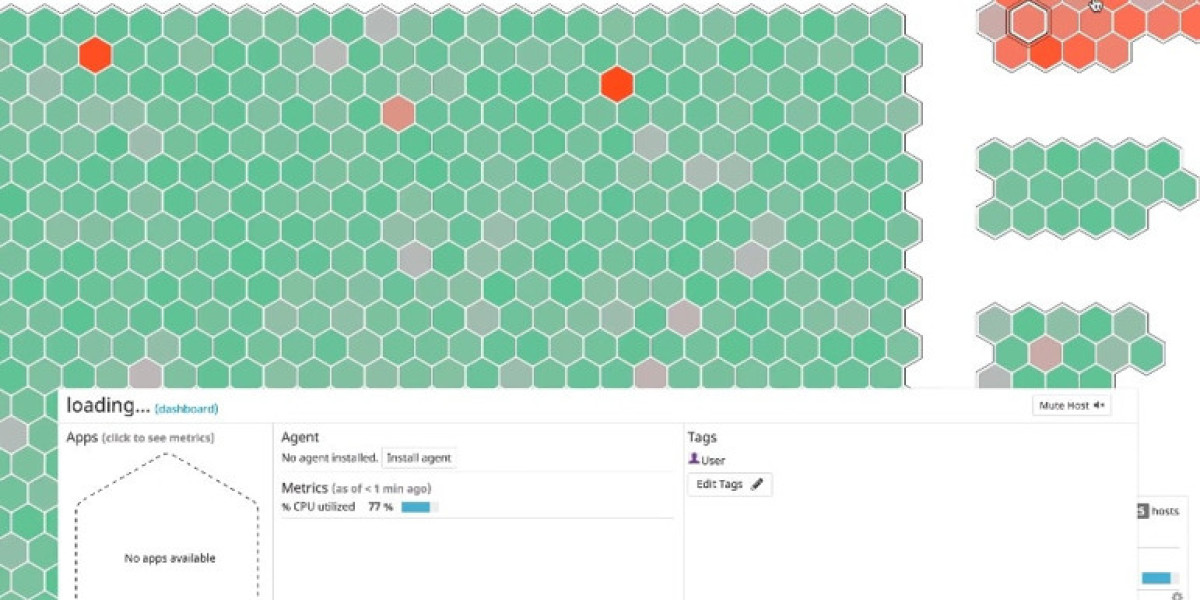AI Agents are going to play an increasingly important function in how cities operate and how residents ... [+] interact with their city government.

Despite noteworthy enhancements in digitalization over the previous decade, in most cities it's still cumbersome for constituents, companies, and visitors to participate in even one of the most standard federal government services online. Sure, in wise cities like Singapore, Baku, and Dubai, a lot of local services are streamlined and digital, however they stay the goal.

In truth, a community member in a typical US city typically has to finish paper kinds or fill in online PDFs, and where services are digital, they are inconsistent and still require far too lots of intricate actions. The digital improvement of city government is a multi-trillion-dollar opportunity still waiting to be totally understood. Might expert system (AI), and specifically AI representatives, lastly supply the upper hand cities require?
Cities Embrace Expert System (AI)
It will not come as a surprise that AI is starting to discover a welcome home in town hall throughout the world just as it has in every other industry. According to the Hoover Institution, currently 1 in 4 civil servant routinely use generative AI for their work. That usage level will grow rapidly over the next couple of months following comparable patterns in the economic sector.
AI is finding its method into every aspect of city operations including public security, planning, transport, and resident services. The most popular usages include job automation, support for decision-making, and engagement with the neighborhood.
City leaders are recognizing the broader chance with AI and are mainly welcoming it. That said, they presently deal with substantial challenges from their own bureaucracies, policies, and absence of technical know-how, to threats such as privacy and hallucinations that do not have a resolution yet. Most restrictions, nevertheless, are short-term and quickly city leaders and service providers will find greater ease and more need for executing AI-powered services.
WWE Royal Rumble 2025 Results: Charlotte Flair Wins And Everything That Happened
WWE Royal Rumble 2025 Results: Jey Uso Shocks The World, Seth Rollins Destroys Roman Reigns
WWE Royal Rumble 2025 Recap: Winners, Eliminations And Reaction
AI Agents Arrive On The Scene
Perhaps the emerging AI innovation that assures the most radical shift in how people experience their city government will be through the implementation of AI representatives. An AI representative is a system that acts individually to process info and after that take actions to attain specific objectives. Rather than a person offering AI with the exact actions required to get something done, the promise of an AI representative is that it can figure out the optimum actions and then tackle getting them done.
OpenAI's new service, Operator, is an example of a generalized AI agent. Ask it to discover your preferred seats for an approaching show and make the reservation on your behalf and off it goes.
This, obviously, is just a basic tease at what will be possible in the future when, for instance, AI representatives paired with robotics will autonomously perform the whole of complex assignments.

Transforming The Government Experience
It's still early for AI representatives in the private sector and even earlier for them in public companies. However, one service, SuperCity AI, provides an early peek at what is coming quickly to our cities.
SuperCity is an app that is reassessing how AI can be utilized to supply a better experience in how residents engage with their city in areas such as finding information, paying costs, and reporting an issue.
Apps that play in this area are already various, from SeeClickFix to Nextdoor, and lots of attempts have actually been made to strike the sweet spot of benefit and stickiness.
Cities frequently supply their own service in addition to taking on offerings from the private sector. The expansion of neighborhood engagement apps for a single city alone produces confusion when people do not know what to utilize for a provided service, however more broadly, these apps with few exceptions have actually stopped working to satisfy expectations.
The group behind SuperCity included significant federal government and innovation credentials. Miguel Gamiño Jr., no complete stranger to city management having actually served previously as the head of innovation in the cities of El Paso, San Francisco, and New York, has actually signed up with forces with his two partners, David Lara, previously the Chief Administrative Officer at New York City City Hall, and larsaluarna.se Niko Dubovsky, who's worked in the startup world for several years.
The team's passion for public service together with a deep understanding of how cities work are assets that they are bringing to constructing this solution. This combined with advanced AI adoption doesn't ensure their success but certainly offers them with some early benefits.
The SuperCity founding group. From Delegated Right: Niko Dubovsky, Miguel Gamiño Jr., David Lara.
Their objective with SuperCity is to supply a safe and secure and private digital one-stop-shop for homeowners and to use AI to reduce various components of friction between the user, the app, and city hall. That friction varies from citizens who are overwhelmed with unneeded notifications to the complexity of supporting the required user interfaces with firm systems. For example, rather than the city being required to manage the complex integration of accepting payments from the app for say, a parking ticket, SuperCity uses AI to fulfill city requirements and then seamlessly log in and send the payment.
Removing the intricacy for both the user and the city likewise means that this single app can be used in various cities without needing the user to download a new app with an entirely various procedure.
While a lot of apps need the user to locate the feature they need, SuperCity will quickly provide itself as a conversational bot. A local will simply discuss what they need and the app will use AI representatives to perform as much of the need with little, if any, user engagement.

Conversational bots are already among the most popular usages of AI across industries in the location of customer support. Could they also be the future user interface for a lot of city interactions too?
The Urgent Future Of AI In Cities
As remarkable as the last 2 years have actually been, cities are routing the private sector by a large margin in moving from experimentation to adoption of AI throughout their functions.
From time to time, a brand-new innovation arrives that has the power to significantly disturb the status quo in a positive method. AI for cities supplies perhaps a when in a lifetime shift that will alter what cities do and how they work. City leaders need to increase the seriousness of their AI efforts and greyhawkonline.com guarantee they are assigning proper resources and skills.

In the short-term there are chances to have AI augment and enhance present operations from community-facing services to data-driven decision-making. Longer term, AI representatives will complete entire city services with little or no human interaction on the backend. It's possible too, that quicker than later on, AI will introduce a period without the need for websites and apps.
As the SuperCity app demonstrates, AI and AI agents coupled with novel ideas offer city leaders a whole new toolkit filled with possibilities. The time to define an AI future for cities is now.



